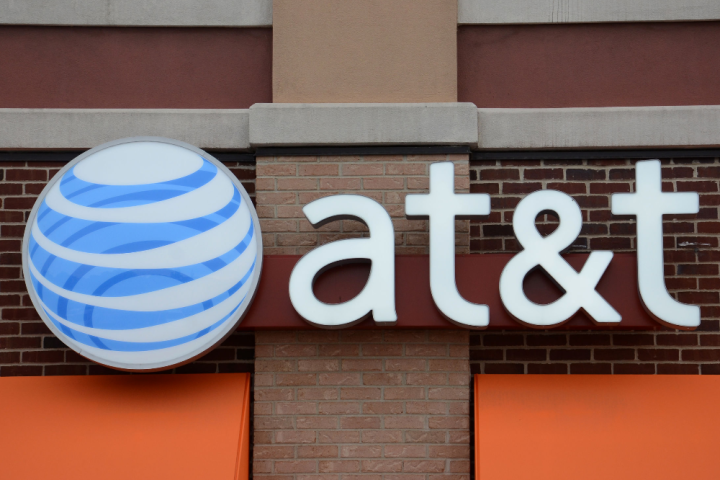
According to the carrier, which took to its Public Policy Blog to make the announcement, FCC chairman Tom Wheeler asked Stephenson to head up the task force, which looks to “accelerate the development and adoption of new tools and solutions to abate the proliferation of robocalls and to make recommendations to the FCC on the role government can play in this battle.” AT&T also promised to adopt newer caller ID verification standards “as soon as they are available.”
Not many more specifics were given about the Robocalling Strike Force, which sounds like something out of Transformers, but Wheeler both confirmed that he requested Stephenson to lead the group and applauded AT&T’s response to his letter.
“Since giving consumers meaningful control over the calls and texts they receive will require collective action by the industry, I am gratified that AT&T will lead an industry strike force to develop an action plan for providing consumers with robust robocall-blocking solutions,” said Wheeler in a statement sent to Consumerist. “Last week, I asked all the major phone companies to develop just such a plan; I strongly urge industry participants to join the effort and to produce conclusions within 60 days.”
In that letter, which Wheeler sent to the likes of AT&T and others this past Saturday, July 23, the FCC urged companies to get a grip on robocall-blocking technology and implement it into their networks. More specifically, the FCC’s proposed solution to robocalling was the creation of a “Do Not Originate” list, a list that theoretically includes registered phone numbers of government agencies and other entities whose numbers are constantly spoofed by scammers. Furthermore, phone companies can see when calls originate from outside the U.S. and have those calls blocked if they are robocalls.
Even so, Stephenson is an interesting person to lead the Robocalling Strike Force. In May, the executive said that AT&T did not have the “authority” to integrate robocall-blocking technology into its network, even though the FCC already urged AT&T and others to do so and even said there are no regulatory hurdles to stop them.
Editors' Recommendations
- Robocalls using AI-powered voice-cloning tech banned by U.S. agency
- OnePlus Nord N20 5G heads exclusively to T-Mobile on April 28
- Nvidia GeForce Now adds two Battlefield classics and a free AT&T 5G plan
- Verizon and AT&T propose 5G midband power limits to avoid aircraft interference
- The FCC has officially approved the merger between T-Mobile and Sprint
